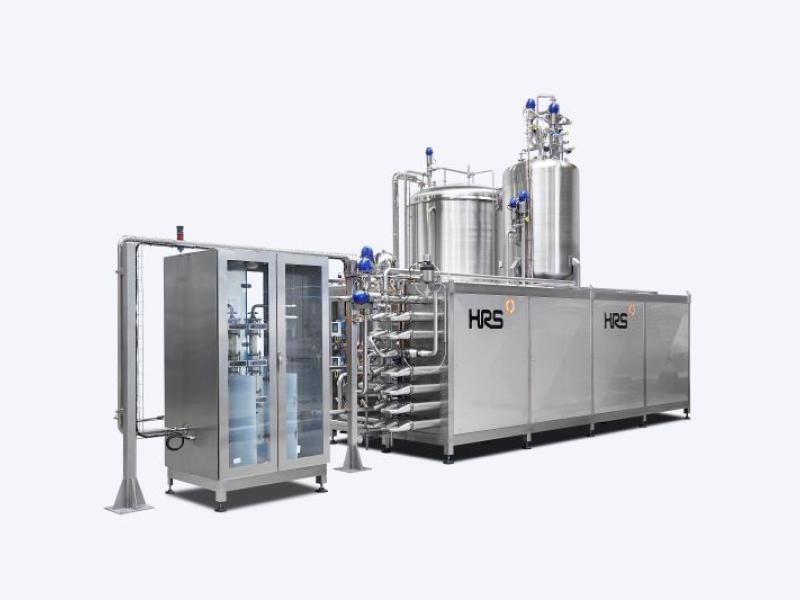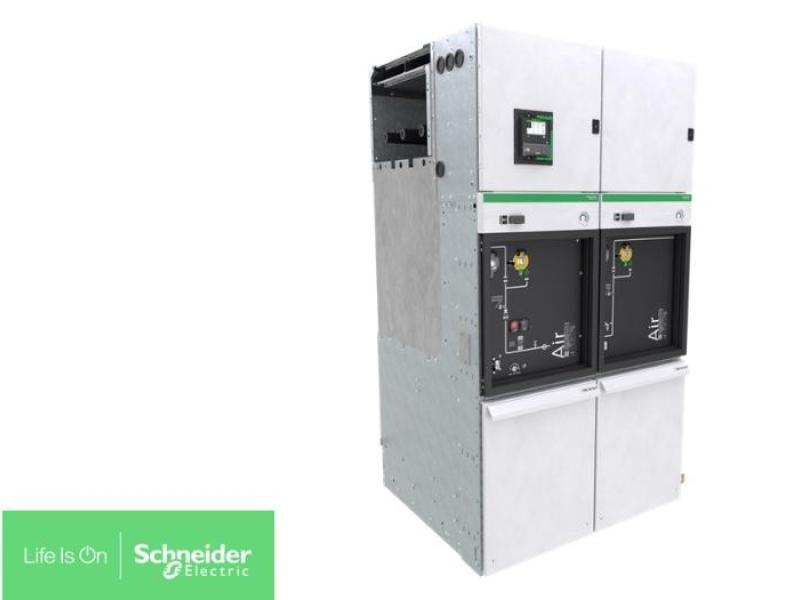BMW Group has installed the UK’s first “motionless” wind energy system at the Mini manufacturing plant in Oxford. Utilising Aeromine Technologies’ innovative, low-impact technology, the system harnesses wind power to produce clean energy without visible moving parts. BMW Group’s Oxford Plant will serve as a testbed for this cutting-edge technology, assessing its potential to enhance energy efficiency across BMW Group sites around the world, as well as commercial buildings in the UK.
This new innovative energy project is part of the BMW Startup Garage, a business unit dedicated to supporting early-stage startups working on cutting-edge technologies. It focuses on testing a functional product, at least in the form of a prototype, during a pilot project and commissioning the startup as a supplier at an early stage. Rather than acting as an investor through venture capital, the BMW Startup Garage is taking on the role of a customer, a “venture client”.
Aeromine Technologies has designed the wind energy unit, which is installed on the edge of a building, oriented towards the prevailing wind. The unit features wing-like vertical airfoils that create a vacuum effect, drawing air behind an internal propeller to generate clean electricity. Unlike traditional wind turbines, Aeromine’s bladeless design minimises noise and vibrations, ensuring no disturbance to buildings or the surrounding environment and with minimal impact on avian wildlife. Additionally, the unit is constructed from highly durable, recyclable materials, helping support BMW Group’s commitment to put sustainability at the centre of its strategic direction.
The new wind energy unit is designed to complement MINI Plant Oxford’s existing solar arrays across the buildings on site. The installation on the Body Shop has been in place for ten years and, when it was installed, was one of the largest roof-mounted solar farms in the UK with more than 11,000 panels covering an area the size of five football pitches. The solar panels generate enough electricity to power the equivalent of 850 households for a year. However, the solar panels are less effective during winter and evening hours, when wind conditions are often strongest – presenting an opportunity for Aeromine’s wind energy unit to step in and continue generating renewable energy.
Urs Sambale, Project Manager for Sustainability Steering at BMW Group Real Estate Europe, said: “This pilot is a small but exciting project for BMW Group and complements our existing approach to purchasing renewable electricity from the national grid. We’re looking forward to seeing its potential for generating clean wind energy at BMW Group sites.”
The BMW Group has set itself clear targets for CO2 reduction up to 2030 throughout the entire lifecycle - from the supply chain, through production, to the end of the use phase - and is constantly seeking new ways to cut emissions including by exploring new innovations.






